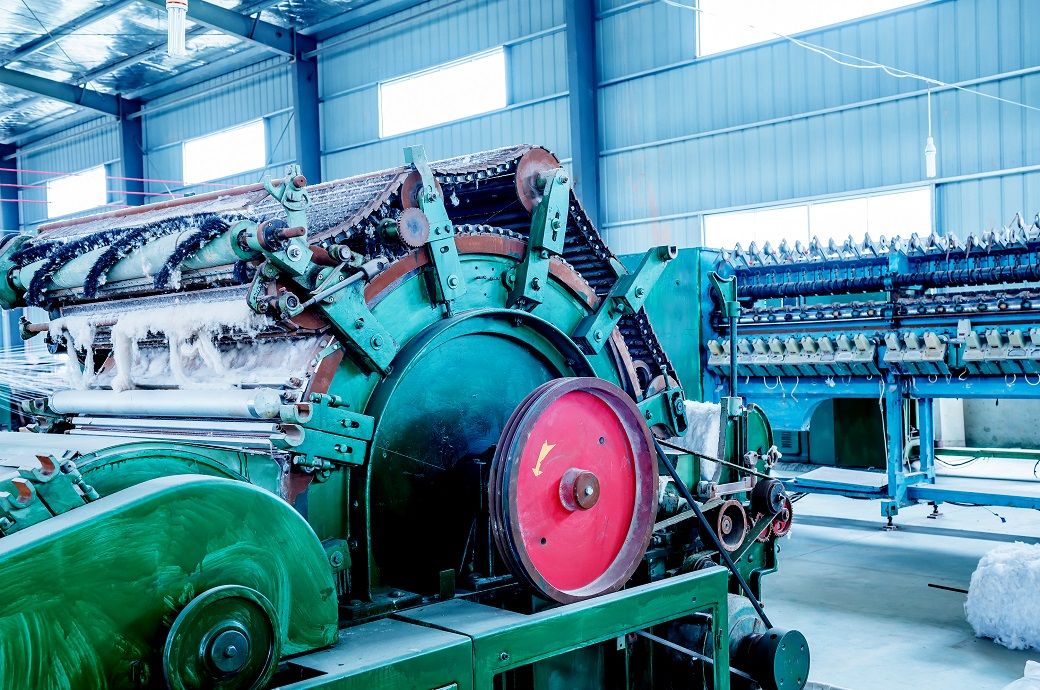
Now, a larger question is arising as to whether the traditional ginning industry can ensure quality standards using basic machinery. As per BIS standards, ginning mills will have to maintain trash content and moisture within the limit. Indian ginning mills do not have such sophisticated machines that can remove unwanted trash and dry ginned cotton. Therefore, cotton may have moisture as high as 20 per cent at the beginning of the new season. Moisture decreases in ginned in subsequent months as it dries up naturally. Similarly, present machinery of ginners cannot reduce trash as per the standard.
In addition to this, ginners are also uncomfortable with the registration and standardisation process. They need to take all the bales into their record and serialise them for standard marking. The mills must have their cotton bales samples tested from accredited labs. It will increase their cost of production.
Around 100 ginning mills from Punjab, Haryana, and Rajasthan were represented in a meeting held in Hissar, Haryana. Sushil Mittal, president of the Haryana Ginning Association, argued in the meeting that ginners merely process seed cotton (Kapas). It is an agricultural produce, so QCO cannot be implemented on it.
On the other hand, Piyush Goyal, the Indian textile minister, has emphasised many times that the entire value chain of the textile industry should be standardised, as consumers have the right to get the best quality. The government intends to develop a brand of Indian cotton and wants the Indian industry to compete globally in quality. It means the Indian ginning industry needs to compete with the cotton of developed countries, including the United States.
The basic problem is vested in the scale of production. The US and other producing countries like China and Brazil have modern ginning industries that can ensure quality standards. But Indian ginners are very small in size, with very basic and conventional machinery, and cannot ensure quality standards.
Suresh Bansal, president of the Punjab Cotton Factory Association, alleged in the meeting that the government is working for the benefit of big corporations. It reveals the fear of the Indian ginning industry. They have apprehensions that if the government pushes QCO, sizeable ginning mills will remain in the trade as they can invest in modern machinery. But SME ginning mills will not be able to invest in new machinery, potentially ousting them from the business.
Although ginners are demanding to scrap QCO, industry sources have said that if the government truly wants to implement quality measures, it must adopt a graded approach spread over many years. The government may offer easy loans and subsidies to encourage small ginners to invest in modern machinery.
ALCHEMPro News Desk (KUL)
Receive daily prices and market insights straight to your inbox. Subscribe to AlchemPro Weekly!